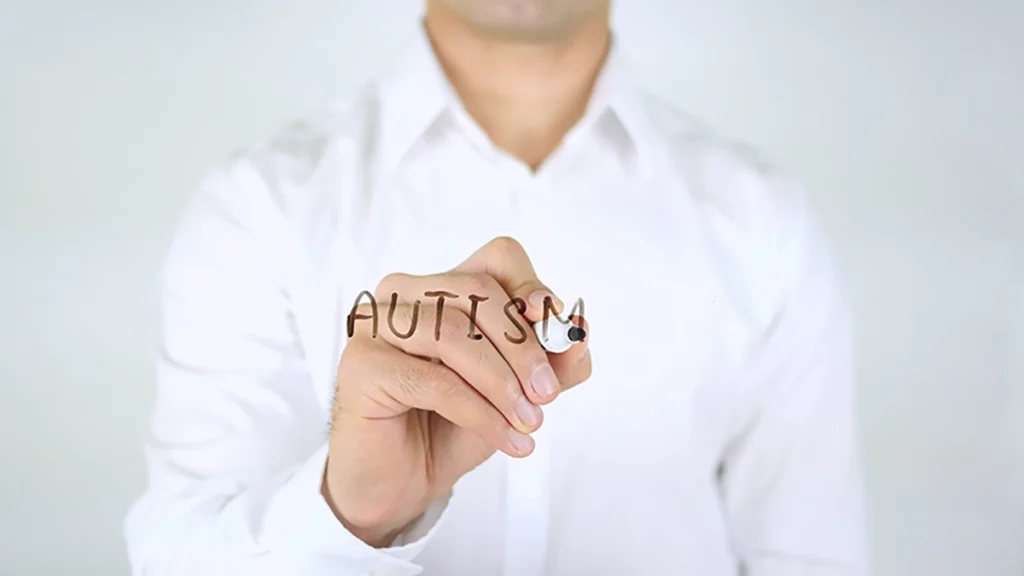Health
Autism News
Welcome to our Autism News page. We believe in the power of education and awareness to create a more inclusive society. We have gathered an array of carefully selected RSS feeds and/or articles that delve into various aspects of autism, covering topics such as early diagnosis, communication strategies, sensory processing, and inclusive education. Through our commitment to spreading knowledge and promoting understanding, we hope to foster a world that embraces neurodiversity and offers equal opportunities for all. Let’s celebrate the unique strengths and experiences of individuals with autism.

What is Autism?
Autism is a developmental disability that typically involves delays and impairment in social skills, language, and behavior. Autism is a spectrum disorder, meaning that it affects people differently. Some children may have speech, whereas others may have little or no speech.
Autism is a very broad spectrum. In profound cases, young children may not interact with others or treat people as objects. In milder cases, it involves difficulty understanding and relating to others and difficulty understanding other people’s perspectives and emotions.
Without appropriate support, children will not develop effective social skills and may speak or behave in ways that create challenges. Very few individuals recover completely from autism without any intervention. The good news is that there are a wide variety of medically appropriate treatment options which may be very helpful. (Autism.org)
Social communication and interaction
A child or adult with autism spectrum disorder may have problems with social interaction and communication skills, including any of these signs:
- Fails to respond to his or her name or appears not to hear you at times
- Resists cuddling and holding, and seems to prefer playing alone, retreating into his or her own world
- Has poor eye contact and lacks facial expression
- Doesn’t speak or has delayed speech, or loses previous ability to say words or sentences
- Can’t start a conversation or keep one going, or only starts one to make requests or label items
- Speaks with an abnormal tone or rhythm and may use a singsong voice or robot-like speech
- Repeats words or phrases verbatim, but doesn’t understand how to use them
To read the full article and for additional information, please visit MayoClinic.com.
What is the difference between Asperger’s Syndrome and Autism?
The distinction between Asperger’s Syndrome and Autism has evolved over time and has undergone changes in diagnostic criteria. Previously, Asperger’s Syndrome was considered a separate diagnosis within the autism spectrum. However, with the publication of the Diagnostic and Statistical Manual of Mental Disorders, Fifth Edition (DSM-5) in 2013, the diagnostic category of Asperger’s Syndrome was removed, and it was included under the umbrella term of Autism Spectrum Disorder (ASD). As a result, Asperger’s Syndrome is no longer a separate diagnosis in current clinical practice.
In terms of clinical characteristics, individuals with Asperger’s Syndrome typically exhibited average to above-average intelligence and had normal language development. They often displayed challenges with social communication and interaction, repetitive behaviors, and restricted interests. However, they did not have significant delays in language or cognitive development during early childhood.
Autism, on the other hand, encompasses a broader range of presentations and severity levels. It is characterized by difficulties in social communication and interaction, as well as restricted, repetitive patterns of behavior, interests, or activities. Autism can vary widely in terms of intellectual abilities, language skills, and the presence of associated medical or mental health conditions.
In summary, the main difference lies in the historical diagnostic classification, with Asperger’s Syndrome no longer being considered a separate diagnosis. Instead, the term Autism Spectrum Disorder is now used to encompass a wide range of presentations and severity levels within the autism spectrum.



